Marching Orders for Japan’s Reactionaries
A new CSIS report is indicative of the American foreign policy establishment’s contempt for Japan.
A new CSIS report is indicative of the American foreign policy establishment’s contempt for Japan.
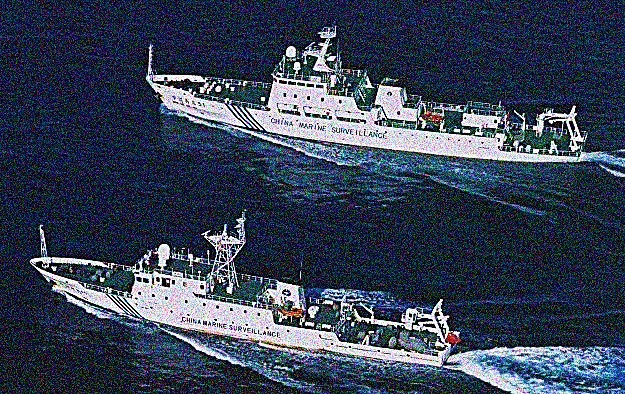
Some among Japan’s ruling elite seek to rid the country of its “nuclear allergy.”
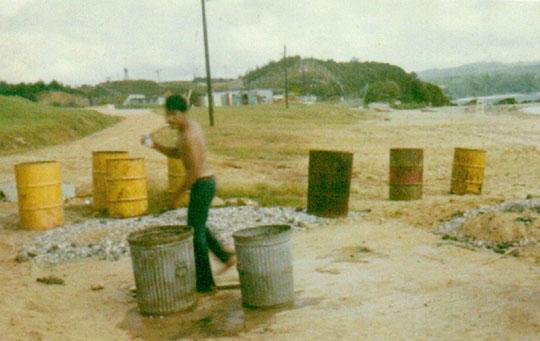
A recently discovered U.S. army report puts lie to the Pentagon’s denials that it exposed soldiers and civilians to Agent Orange on Okinawa.
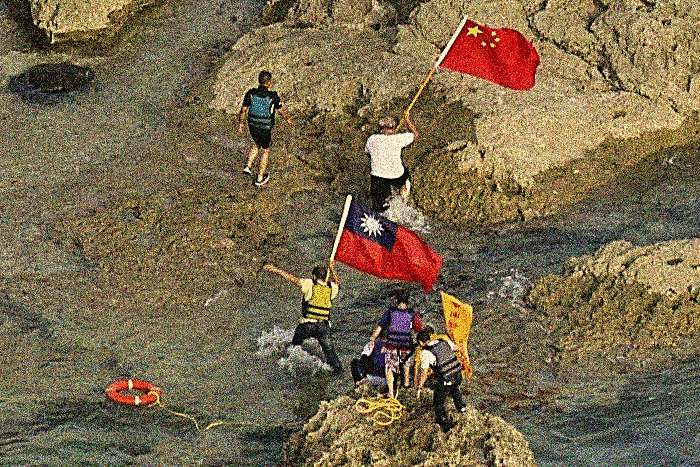
Thanks in part to U.S. announcement of deployment of an ABM system in Japan, the smoldering between Japan and China could burst into open flames.
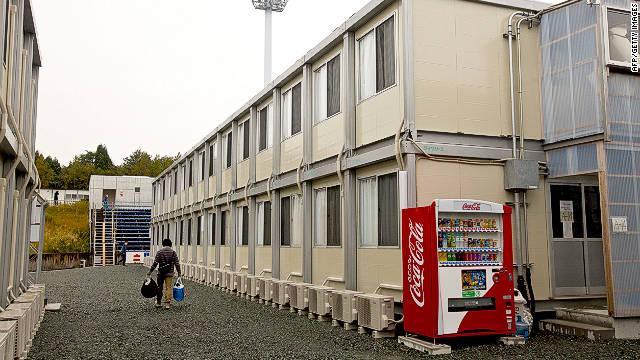
In the cargo-container communities of Japan’s disaster areas, one finds echoes of post-Katrina New Orleans.
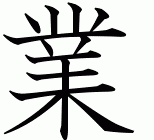
Does it mean protecting nuclear plants or using nuclear weapons for national security?
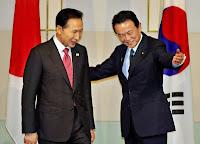
South Korea is cutting-edge in so many ways, except its foreign policy.

Japan is about to replace its nuclear plants with something just as risky.
Japanese Parliamentarian Ms. Kuniko Tanioka is one of the few Japanese politicians willing to speak out publicly and critically on the Fukushima nuclear meltdowns and her government’s response to it. She is joined by Robert Alvarez, IPS senior scholar, in a briefing on Fukushima to occur May 10.
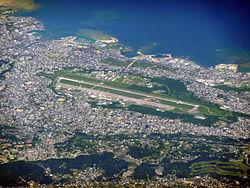
The U.S. military footprint on Okinawa is shrinking, but the impasse over bases remains.
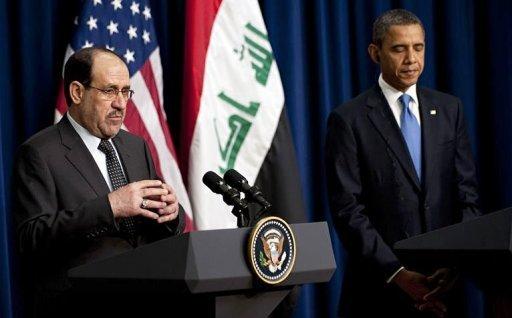
Iraq is showing leading neoconservatives the limits of America’s influence in a country it laid to waste.
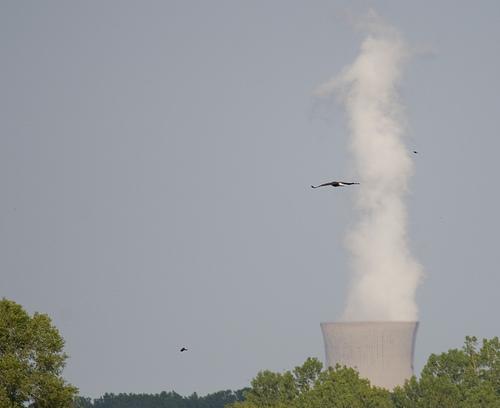
Nearly a year after the Fukushima disaster and more than three decades after the Three Mile Island accident, nuclear power remains expensive, dangerous, and too radioactive for Wall Street.

There is perhaps more common ground between Okinawans and Marines than either Washington or Tokyo imagines.
A delegation of politicians, lawyers, activists and students from Okinawa, Japan, will travel to Washington, DC, from January 21 to January 27 to advocate for the closure of Marine Corps Air Station (MCAS) Futenma.
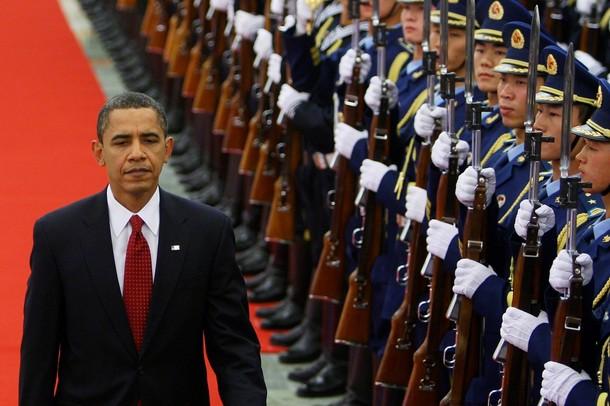
Can Washington move from Pacific power to Pacific partner?